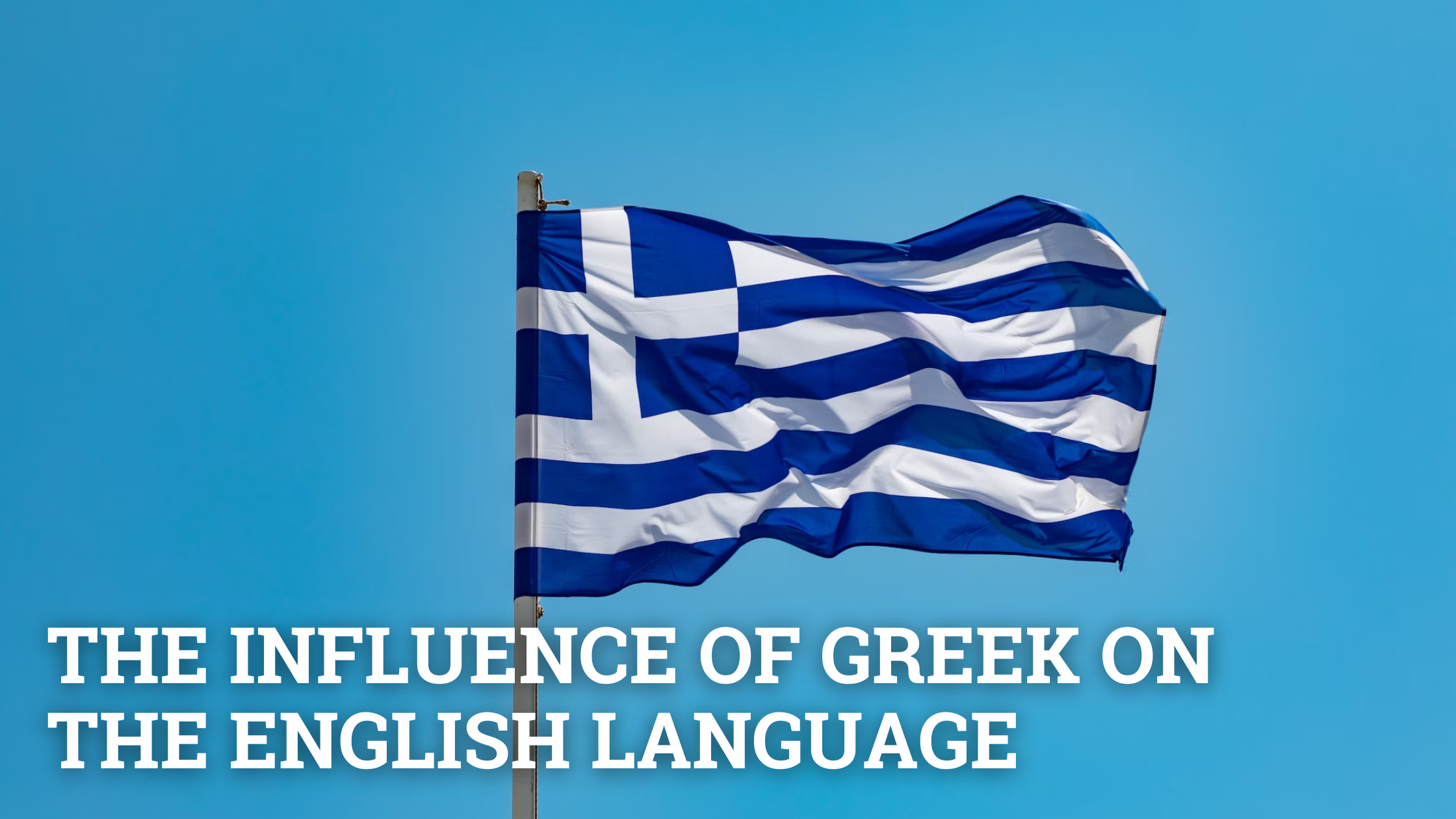
The Influence of Greek on the English Language
Uncovering the Hellenic Roots of Modern English
Among the many threads that constitute this tapestry, the influence of the Greek language is both profound and fascinating. The ancient Greeks have left an indelible mark on English, seen most vividly through the etymology of numerous words, reflecting their extraordinary advancements in philosophy, science, and the arts This article explores the extent of Greek influence on English, highlighting the prevalence of Greek loanwords and the stories behind them.
The Legacy of Greek Loanwords
The impact of Greek on English is most apparent in the realm of loanwords. Greek words began permeating English through various channels and eras, notably during the Renaissance, when scholars, enamored with classical languages, started incorporating Greek terms into English. This adoption has gifted English with a wealth of words that are deeply rooted in Greek etymology.
One notable domain where the Greek influence is paramount is in scientific and technical vocabulary. Terms like “biology” (from Greek “bios”, meaning life, and “logia”, meaning study), “astronomy” (from “astron”, star, and “nomos”, law), and “psychology” (from “psyche”, soul or mind, and “logia’, study) are prime examples of this influence. These words not only denote scientific disciplines but also reflect the Greek tradition of inquiry and understanding of the natural world.
Greek Words in Everyday English
The influence of Greek, however, extends beyond the specialized language of science and academia. It permeates everyday speech, often in ways we scarcely notice. Words like “democracy” (from “demos”, people, and ‘kratos’, power) and “philosophy” (from “philo”, love, and “sophia”, wisdom) are pillars of Western thought that find their linguistic roots in Greek. Even common words like “school” (from “scholē”, meaning leisure, then study) and “idiot” (originally meaning private person, layman) have Greek origins, illustrating the language’s extensive reach.
Moreover, Greek has contributed significantly to English through morphemes, the smallest units of meaning. Prefixes like “bio-” (life), “geo-” (earth), “tele-” (far), and suffixes like “-logy” (study of), “-phobia” (fear of), and “-cracy” (rule or government) are of Greek origin. These morphemes are versatile building blocks that have expanded the expressive capabilities of English, allowing for the creation of new words that are instantly understandable.
The Cultural Transmission of Wors
The transmission of words from Greek to English is not just a linguistic process but also a cultural one. Each Greek loanword carries with it a piece of history, a glimpse into the thoughts and lives of the ancient Greeks. For instance, the word “marathon” not only refers to a long-distance race but echoes the legendary run of Pheidippides from the Battle of Marathon, a pivotal moment in history.
In conclusion, the influence of Greek on the English language is a testament to the enduring legacy of Greek culture and thought. From the realm of academia to the nuances of everyday speech, Greek words have enriched English, making it a more dynamic and versatile language. This linguistic interplay is not merely a historical footnote but a living, evolving relationship that continues to shape the way we communicate and understand the world.
In understanding the Greek roots of many English words, we gain more than just etymological knowledge; we acquire a deeper appreciation for the rich, intertwined history of languages and cultures. As we continue to use and adapt these words, we carry forward the legacy of the Greeks, ensuring their influence remains a vibrant and integral part of the English language.
Related


